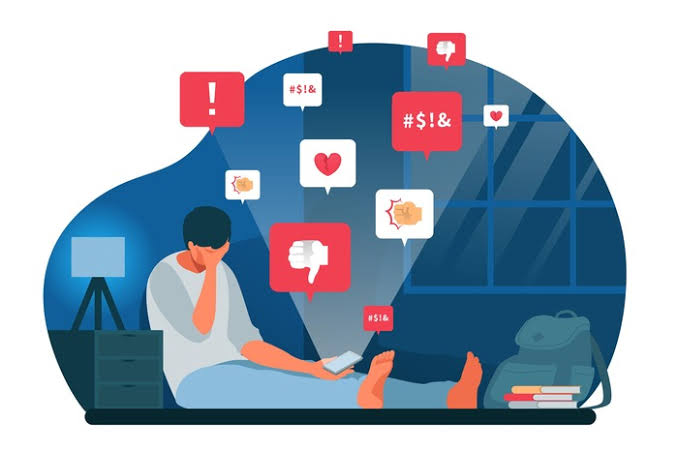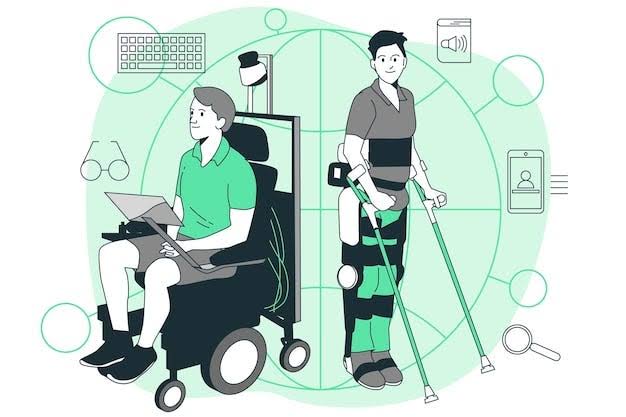Introduction to Social Media and Mental Health Conversations
Social media has become a powerful tool in shaping public discourse, and one of the areas where its influence is most visible is mental health awareness. Platforms like Instagram, TikTok, Twitter, and Facebook have evolved into spaces where individuals can share their experiences, seek support, and access resources about mental well-being. This openness has helped reduce stigma and encouraged people to prioritize their mental health.
The ease of information sharing has allowed mental health topics to reach audiences who may not have been exposed to them through traditional media. However, while social media can be a force for good, it also comes with potential challenges that need careful navigation.
Breaking the Stigma Around Mental Health
Social media has given a voice to individuals and communities advocating for mental health awareness. Through personal stories, educational content, and awareness campaigns, it has challenged long-standing stereotypes and cultural taboos.
Key impacts include:
• Public figures openly discussing their mental health struggles
• Hashtags like #EndTheStigma and #MentalHealthMatters trending globally
• Viral campaigns during Mental Health Awareness Month
• Increased acceptance of therapy and self-care practices
This visibility has made it easier for people to discuss mental health without fear of judgment.
Access to Resources and Support
One of the most significant benefits of social media in mental health awareness is the accessibility of resources. Platforms now host numerous organizations, professionals, and peer support communities offering free guidance.
Examples include:
• Links to helplines and online therapy platforms
• Educational videos on coping strategies and symptoms
• Mental health podcasts and webinars
• Peer support groups and online communities
This accessibility has empowered people to seek help earlier and make informed decisions about their mental health care.
Influence of Mental Health Influencers and Advocates
Mental health influencers have played a major role in normalizing conversations about mental well-being. These advocates often share their personal experiences, create educational content, and promote wellness tools.
Their impact includes:
• Relatable storytelling that resonates with diverse audiences
• Collaborations with mental health organizations
• Fundraising for mental health programs
• Encouraging followers to seek professional help
However, the credibility of information remains essential, as misinformation can spread just as quickly.
The Double-Edged Nature of Social Media
While social media fosters awareness, it can also contribute to mental health challenges if used excessively or negatively. Constant exposure to curated content can lead to comparison, self-esteem issues, and anxiety.
Potential downsides include:
• Cyberbullying and online harassment
• Unrealistic beauty and lifestyle standards
• Overexposure to distressing news
• Addiction to likes and validation
Balancing the positive aspects with mindful consumption is key to maintaining mental well-being online.
Community Building and Global Advocacy
Social media connects people across borders, enabling global collaboration on mental health initiatives. International campaigns and movements gain momentum through these networks, uniting diverse voices for a common cause.
Benefits of global advocacy include:
• Sharing mental health approaches from different cultures
• Coordinating worldwide awareness days
• Amplifying marginalized voices in mental health discussions
• Raising funds for international mental health projects
This global connectivity has helped mental health advocacy become a truly universal movement.
Encouraging Open Conversations Among Younger Generations
Younger users are particularly active in using social media to discuss and learn about mental health. Platforms like TikTok have short, relatable content formats that resonate with Gen Z audiences.
Positive outcomes include:
• Increased willingness to discuss emotions
• Early awareness of mental health conditions
• Peer support networks in schools and universities
• A shift toward prioritizing mental wellness in daily life
This generational openness suggests that stigma will continue to diminish over time.
Conclusion
Social media has transformed the way people approach mental health by breaking down stigma, improving access to resources, and fostering global connections. While it brings challenges like misinformation and cyberbullying, its overall influence on awareness is undeniably significant.
The key to maximizing its benefits lies in promoting credible information, encouraging balanced use, and creating inclusive spaces where mental health conversations can thrive. By doing so, social media can remain a vital ally in the fight for better mental well-being worldwide.




Social media has it’s cons which have eaten deep into the minds of the younger generation as much as the older.